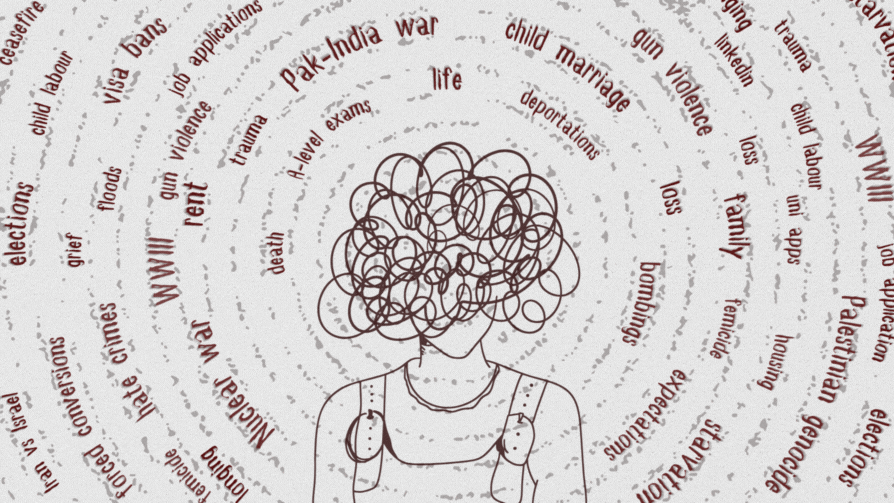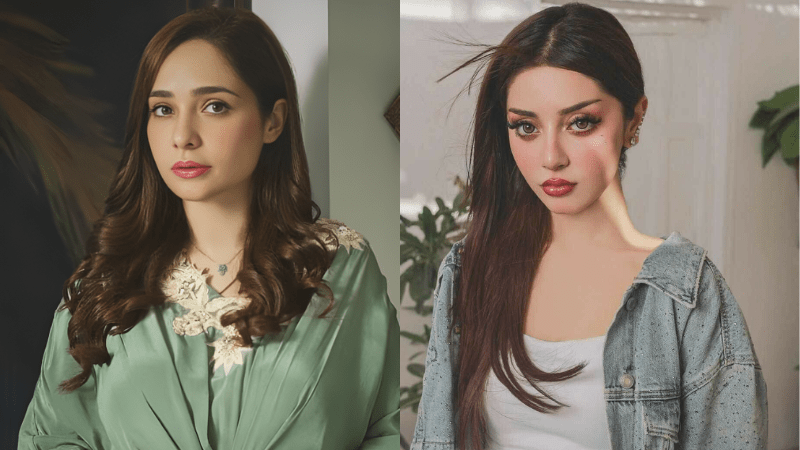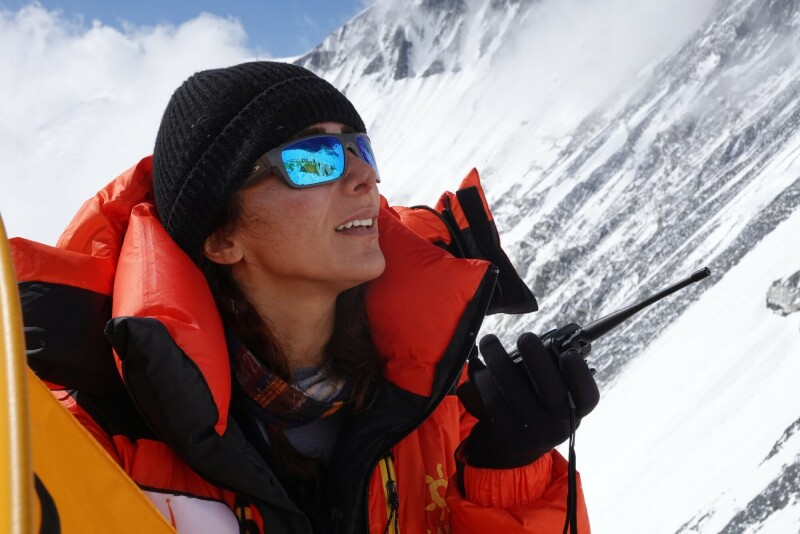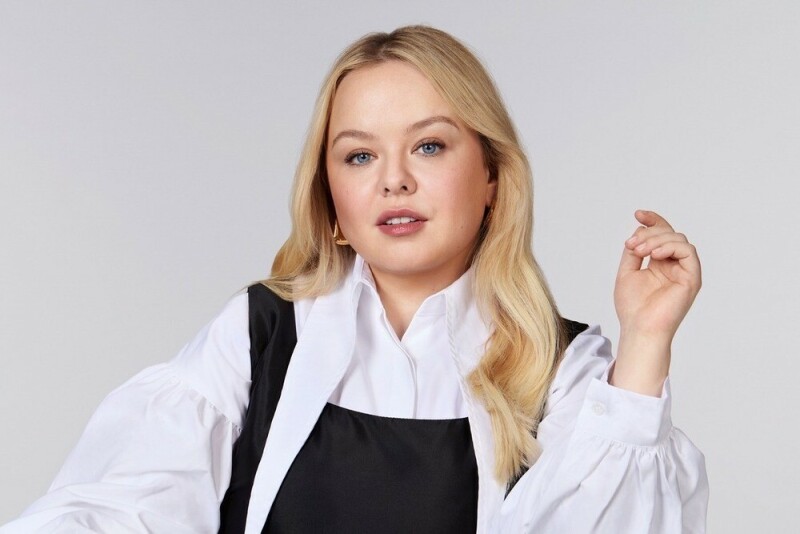Faysal Quraishi claims Khaie ‘isn’t about Pashtuns’ but that doesn’t mean it isn’t perpetuating harmful stereotypes
Actor Faysal Quraishi addressed claims about his show Khaie’s portrayal of the Pashtun community in a recent interview with Geo Digital, trying to explain — not very well — to audiences why the story is not stereotyping Pashtun people. Bear in mind, his character is called Chanar Khan.
During the interview, he stated: “I received a lot of messages [from Pashtun people] who told me they moved because of rivalries and elders’ enmities”. He emphasised again that he got “many” messages from people who could “connect” with the story Khaie was telling.
“Some friends were upset because the Pashtun community is [always] portrayed in this light,” he continued. The actor swiftly clarified however that those involved in the show “did not specifically say” they were depicting Pashtun people in it.
“There is merely an intonation. No one is saying that they are Pashtun,” he claimed. Watching one episode of the show will elucidate how heavy the “intonation” is — it is the most stereotypical Pashtun accent with words from Pashto sprinkled in. How are audiences supposed to assume that the drama is not about Pashtun people when common Pashto words like “maran” [brother] are repeatedly used?
No one is “saying” the characters are Pashtun, yet all of them don stereotypical trademarks of the Pashtun people such as wearing a Pakol hat which is emblematic of men from the northern areas. Moreover, all the men have the last name Khan. Will audiences watching the show receive an email clarifying that the show, with everyone named “Khan” and speaking in heavy accents, is not entirely about Pashtun people? That was sarcasm. Of course, everyone will assume it is about one specific community.
Quraishi added that director Syed Wajahat Hussain had stated they were creating their “own world” with the show and that Khaie was a work of “fiction”. The Dil-e-Momin actor urged people to “enjoy it” instead of criticising this aspect.
All claims of it being “fiction” are nullified by simply looking at the images used for the show’s thumbnails on YouTube. Here’s an example:

Traditional Pashtun clothes and jewellery are immediately visible. It seems extremely irresponsible, and borderline disrespectful, to borrow so heavily from a culture and then allege that it is a work of fiction. Not only are they insulting Pashtuns by portraying them as gun-toting barbarics but they’re also erasing their tradition by calling it “fictional”.
While it is well and good that Quraishi addressed people’s concerns, it doesn’t justify characters and dramas that do perpetuate negative stereotypes towards a specific community — especially the Pashtun community who are usually portrayed in a negative light in Pakistani television. The fact of the matter is, Quraishi remains complacent in furthering those stereotypes.
Farooq Yousaf wrote in The Diplomat that, “historically, the Pashtuns have been associated with negative stereotypes, with the most common being the perception that they are war-loving, barbaric individuals”.
This is exactly what Khaie is furthering. Within the first episode, a man’s thumb is chopped off to get his thumb impression for land transfer, almost all the men in the background are seen carrying machine guns, and the background plot is set for rivalries because of past murders.
Similarly, academic Barkat Shah Kakar in a blog for the London School of Economics stated that: “The exotic and demonic depiction of Pashtuns in Pakistani literature, academia, textbooks, newspapers, TV channels, films and policy narratives is not an exception but a rule. Prior to the advent of private TV channels, Pakistani theatre and films seldom presented Pashtun characters with modern attributes; their characterisation was always conditioned to low wages, illiterate watchmen, gunmen, or naïve, funny idiots with no intelligence.
“In the last two decades, Urdu soap operas and late-night shows on private TV channels present ridiculing content that paint Pashtuns as violent extremists, human traffickers, homosexuals, and Taliban sympathisers,” Kakar wrote.
He continued, “Recent Urdu dramas on television like Sang-e-Mah (2022), Sang-e-Marmar (2016) and Meray Hamnasheen (2022) earned millions of views through peddling such distorted images of Pashtun culture, crafting their storylines on outdated stereotypical themes”.
Dramas, like the one Quraishi is in, continue to pedal these ideas and, in Kakar’s words, “reveal that violence, misogyny, use of drugs, rivalries between cousin lineages, use of guns and brutal force has cultural and social legitimacy in contemporary Pashtun culture”.

This scene, 11 minutes into the first episode of the show, depicts exactly what Kakar is describing. Furthermore, it perpetuates the idea that Pashtun people, especially in the northern areas of Pakistan, are the ones who are barbaric. In Khaie, the family travelling to their village from abroad seem ‘civilised’ because they are westernised and stand in stark contrast to the ‘barbaric’, ‘violence-mongering’ locals. Whereas, in reality, the Pashtun community is made up of all kinds of people, all across the globe, not just in Pakistan.
All of this cumulatively reinforces existing biases and prejudices held by viewers, contributing to the normalisation of discrimination and prejudice against the Pashtun community. Such inaccurate portrayals can further strain relations between Pashtuns and other groups in Pakistan by causing feelings of distrust, fear and resentment.
Not to mention, it can harm the mental health and self-esteem of Pashtun individuals and can also limit opportunities in education, healthcare and justice because of TV shows’ reductionist take on their culture. It is important to note that the show has millions of watchers on YouTube alone, and Geo TV which airs the show, has over 50 million subscribers on YouTube.
This highlights the sheer reach of the show, and the amount of people being influenced by these negative notions. Of course audiences are going to develop a negative bias when characters say dialogues like “happiness is incomplete if there isn’t a hole in the sky [from aerial firing]”.
Furthermore, in the case of Quraishi’s interview, the actor has completely avoided all responsibility and blame. It is almost as if he is casually shrugging and telling Pashtun viewers — who, by the way, have probably been discriminated against because of negative ideals held by people — that their sentiments don’t really matter because Khaie isn’t about them. This, in turn, also feels like a ridiculous notion — to use all stereotypes and “intonations” aligned with a specific community and later claim that it is “fiction”. Sure, the story may be “fiction” but the stereotypes they are borrowing from are very real and cause very real harm.
It’s 2024 — it cannot be that difficult to hire a Pashtun person who could guide the director regarding the notions the show is pushing, if it is or is not portraying the Pashtun community and how that depiction can be achieved positively.
More importantly, again, it’s 2024 — it’s high time we have positive portrayals of the Pashtun community instead of repeating the same old tired narratives. We’re sure even audiences are bored of the same story over and over and we would definitely be more interested in a different, constructive, optimistic story.
Quraishi is a veteran actor with a big following and a prominent voice in the drama industry. People like him are responsible for bringing about positive change instead of adopting a nonchalant attitude because his show was called out for stereotyping. The least one can do is address what is wrong and promise to change and be better in the future, and not sideline a community’s feelings.











Comments